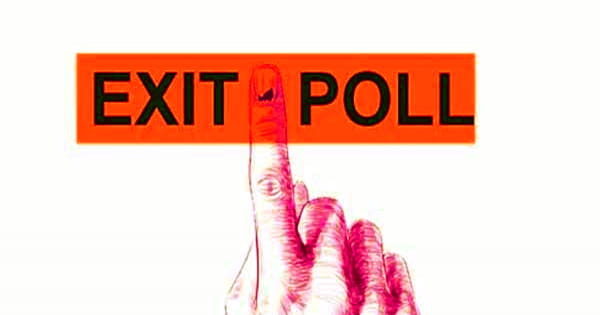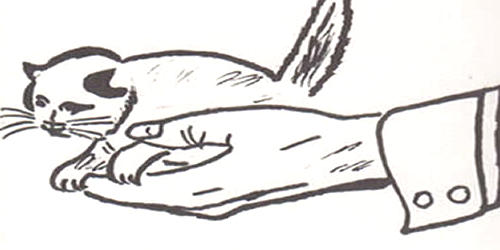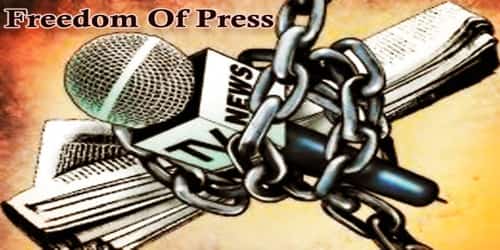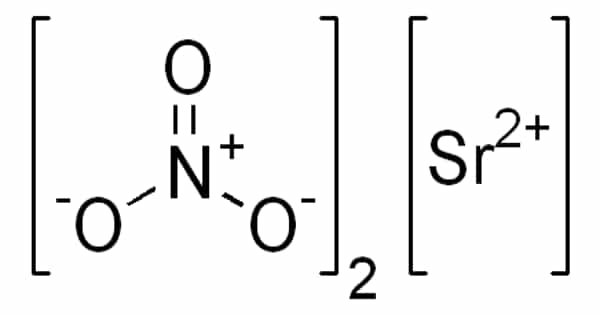Almost all national and regional political parties agree that once elections are announced, opinion and exit polls should be prohibited, and the results of such polls should not be made public until the voting process is completed. These polls are viewed as an impediment to free and fair elections and a threat to a healthy democracy by all political parties. All political parties met with the Election Commission to request a ban on opinion and exit polls in order to have fair and unbiased polling, which is a basic requirement for a healthy democracy to function in our country.
At first glance, those who oppose exit polls appear to have a valid point. It is feared and assumed that the exit polls will create a bandwagon effect among voters who go to the polls at a later date. This sounds good in theory, but there is no evidence to back up this theory of induced cause-effect.
Political parties are so perplexed that they are discussing the passage of an ordinance prohibiting opinion and exit polls from the date of election notification until the last ballot is cast. Examine the arguments advanced by several political leaders and analysts in favor of prohibiting the expression of one’s opinion and exit.
(a) One compelling argument for prohibiting opinion or exit polls is that they have a bandwagon effect. This means that opinion and exit polls have a motivating effect on voters to vote in favor of the winning party, which distorts the political process; therefore, opinion and exit polls must be prohibited. Theoretically, the argument appears to be sound, but there is no evidence to back it up. Consider the state of Rajasthan, where assembly elections were held in December 2003. All of the exit/opinion polls published before the elections predicted the Congress as the winning party, but the outcome was completely contrary to the polls. The BJP won a clear majority winning the first time 120 seats and Congress got merely 56 seats out of the 200 total As such the theory of the bandwagon effect does not hold true.
(b) Our final argument against Opinion and Fikit Polls is that they encourage tactical voting, which means that they induce voters to judge the direction of the wind and decide what they should do, or, in the words of Kapil Sibbal, spokesperson for the Congress party, “Opinion polls are opinion-making polls, so these should be banned.”
Even if there is no evidence that these polls have a significant impact if they help voters decide who to vote for, what is the harm in that? Every political party tries to woo or influence voters with manifestos, speeches full of promises, and assurances, many of which are just part of the paperwork and have no intention of being fulfilled. If all of these things are fine, why aren’t opinion polls or exit polls?
(c) Another argument is that opinion or exit polls are based on small samples and may not be inaccurate. A sample of 20,000 to 40,000 in a country of 650 million voters? So these polls are banned.
Statistically, if the universe (i.e., the total electorate) is large, the sample size is independent of the universe size. If a sample of 1200 works in the United States, with a population of around 200 million, why is a sample of 20,000 to 40,000 in India insufficient? It is claimed that India, being a much more diverse country, requires a larger sample. Most opinion polls are based on error (the good ones have a range of 3-4 percent) and measure opinion at the time the polls are conducted, so the sample size is sufficient to obtain approximate results.
(d) A presumed fear of political parties is that the result of exit polls is likely announcing the result, which is not fair, as elections still have to be conducted in many States, and it could influence those voters, so these polls are banned.
In previous arguments, politicians wanted to ban these polls because they were inaccurate, but now it appears that they want to ban them because they are accurate. What’s wrong with providing some guidance to potential voters through exit polls? Nobody in the United States argues for the prohibition of exit polls because they are aware of the citizens’ right to free speech. Why scream when similar freedom is guaranteed in our Constitution under Article 19 (1) (a)?
(e) Another amusing argument for prohibiting these polls is that because our country has a multistage election, the publication of opinion and exit poll results may demoralize the cadres of the losing political party, so these polls should be prohibited.
Political parties appear to be suffering from some psychological issues. Is it the job of opinion polls to inform the public or to be concerned about political workers’ morale? Do journalists’ articles, politicians’ speeches, and astrologers’ forecasts, all based on fictitious events with no concrete evidence, not demoralize the cadres?
(f) It is also argued that some opinion polls are conducted in a biased manner, and on the behest of some political party which is not fair and could mislead the voters so these polls are banned.
There are bad apples in every profession, but most organizations in India that conduct opinion polls or exit polls are market research firms. Most of these organizations are not solely involved in opinion or exit polls; it accounts for no more than 3 to 4% of their total revenue, and that is only during election season. If they are biased or unprofessional, it has a significant impact on their commercial business; the good ones usually drive out the bad ones over time. In politics, on the other hand, the bad usually drive out the good! Could we trust politicians in any way, including their allegiance to any political party? No… not at all. We could find a number of politicians changing parties in every election just to get the ticket or to get some other lucrative post etc. So why not a perfect ban on these nefarious political activities be there?
To summarize, all of the arguments advanced in favor of prohibiting opinion or exit polls do not hold water. Furthermore, our Constitution guarantees freedom of speech and expression [Article 19 (1) (a)] as well as the right to practice any profession or carry on any occupation, trade, or business [Article 19 (g)], so prohibiting opinion and exit polls is completely unreasonable and contrary to the spirit of the Constitution.
















